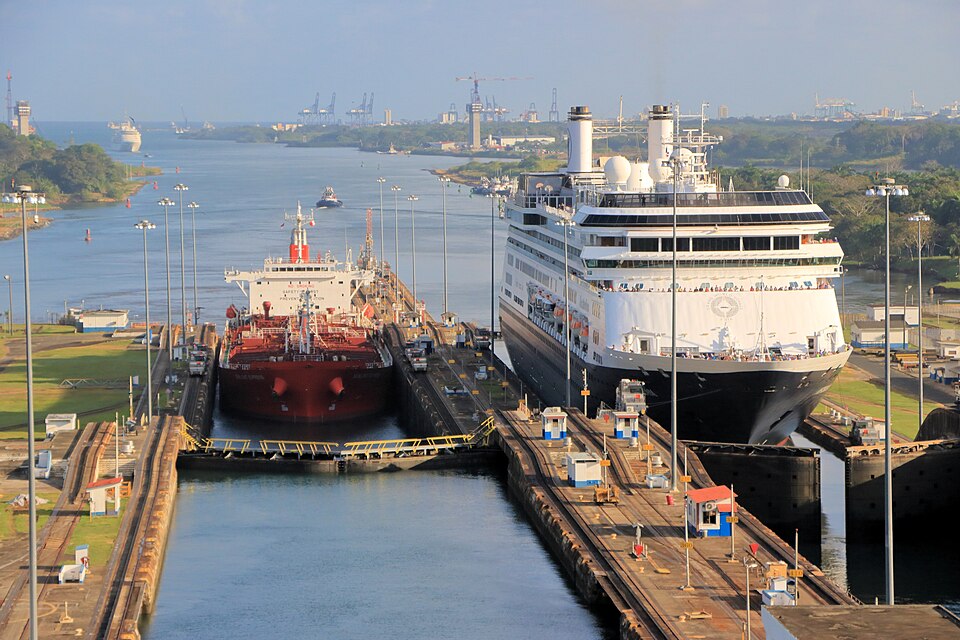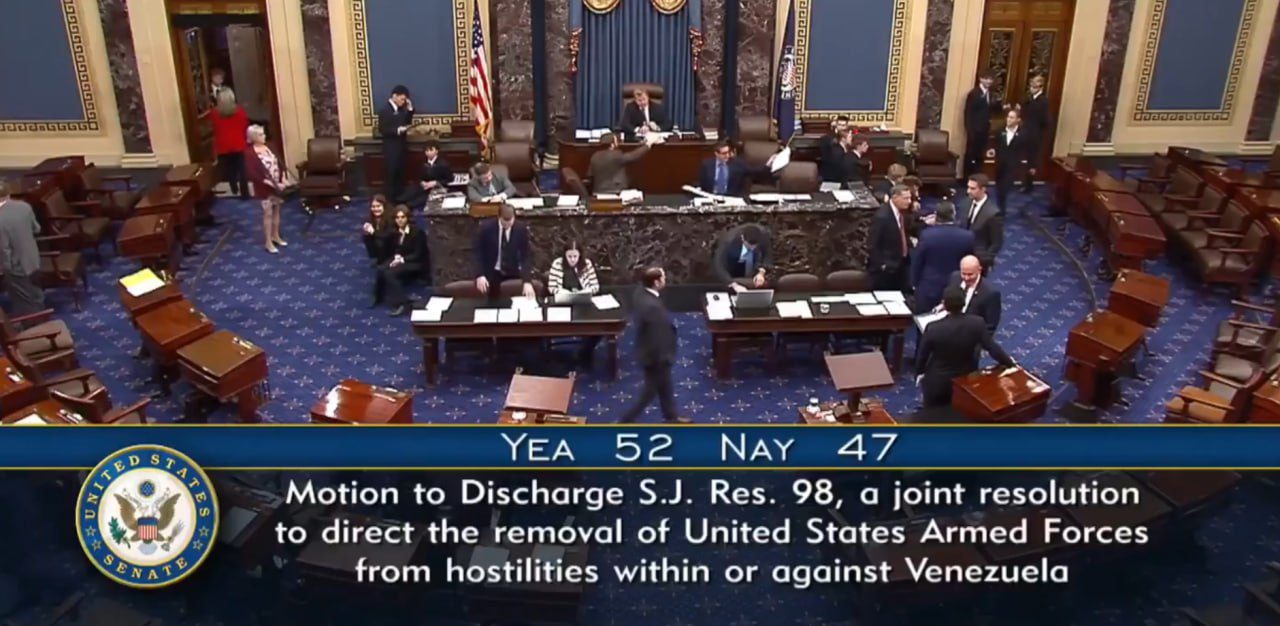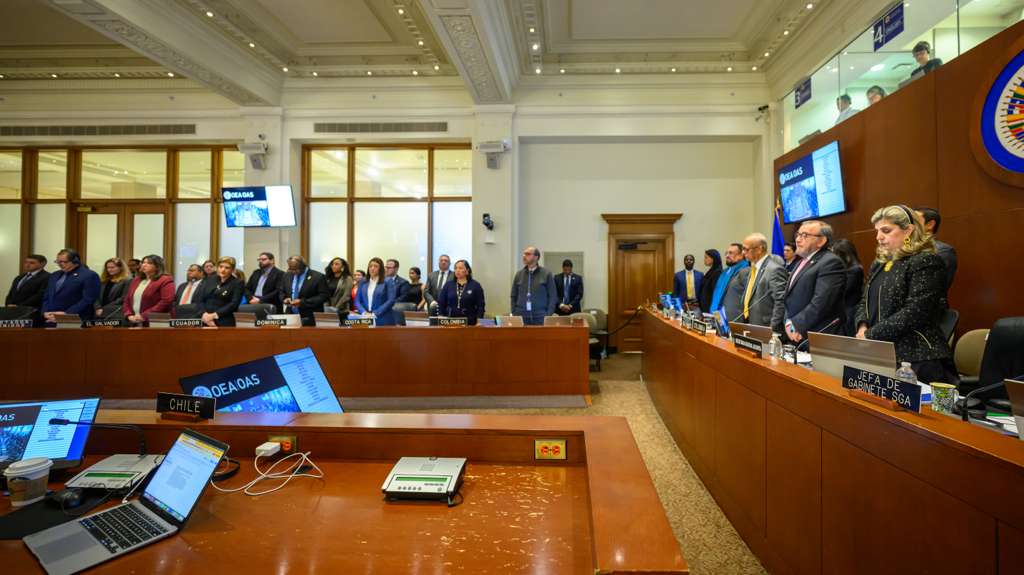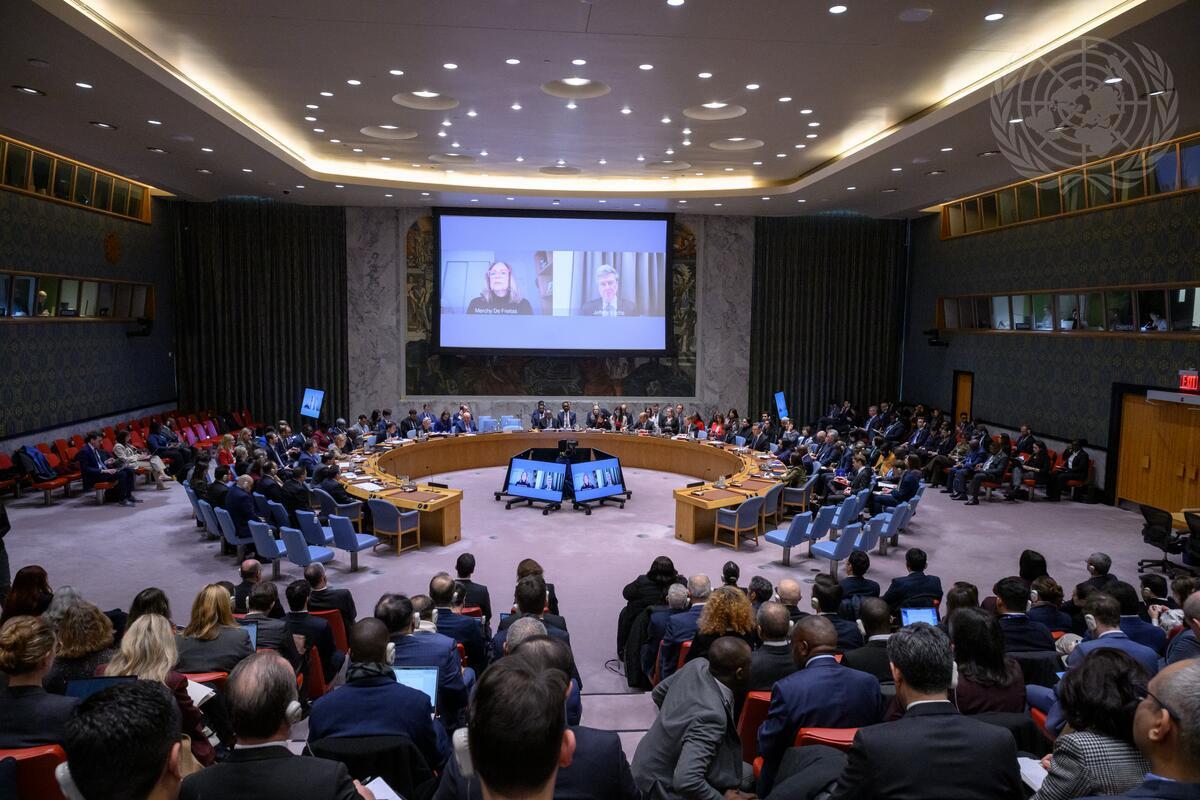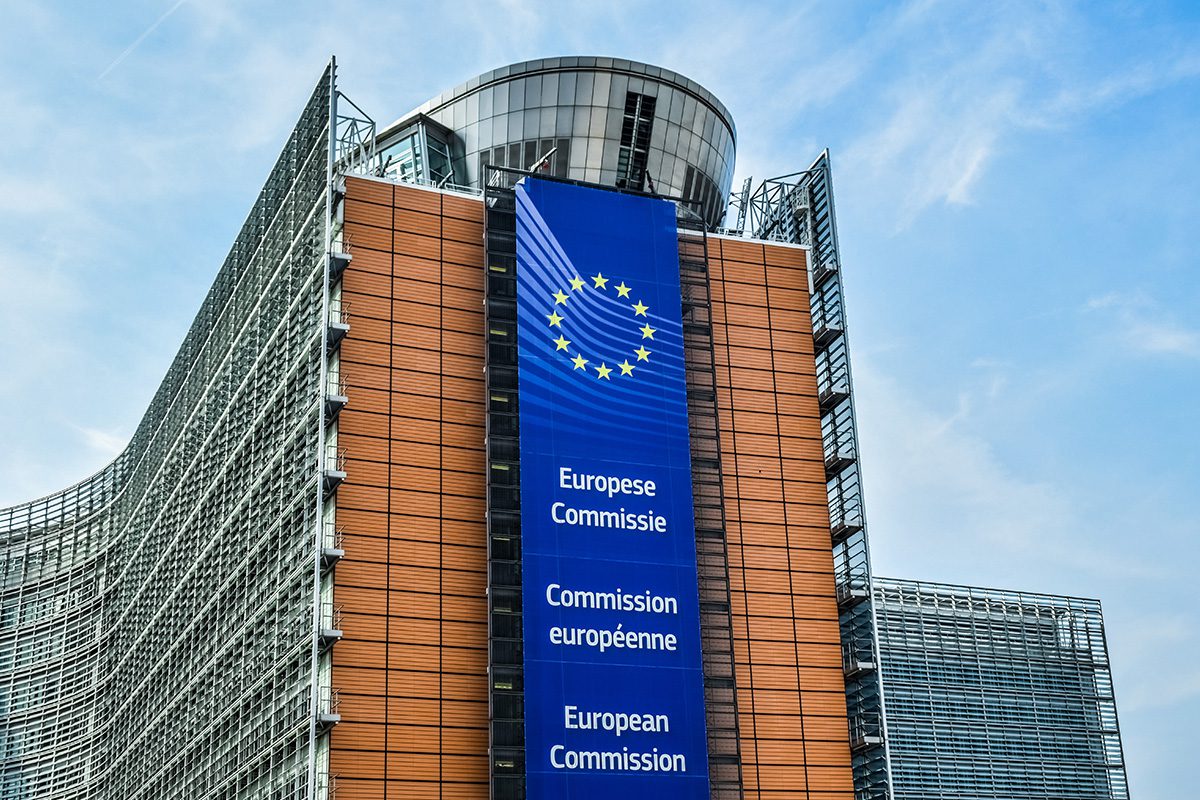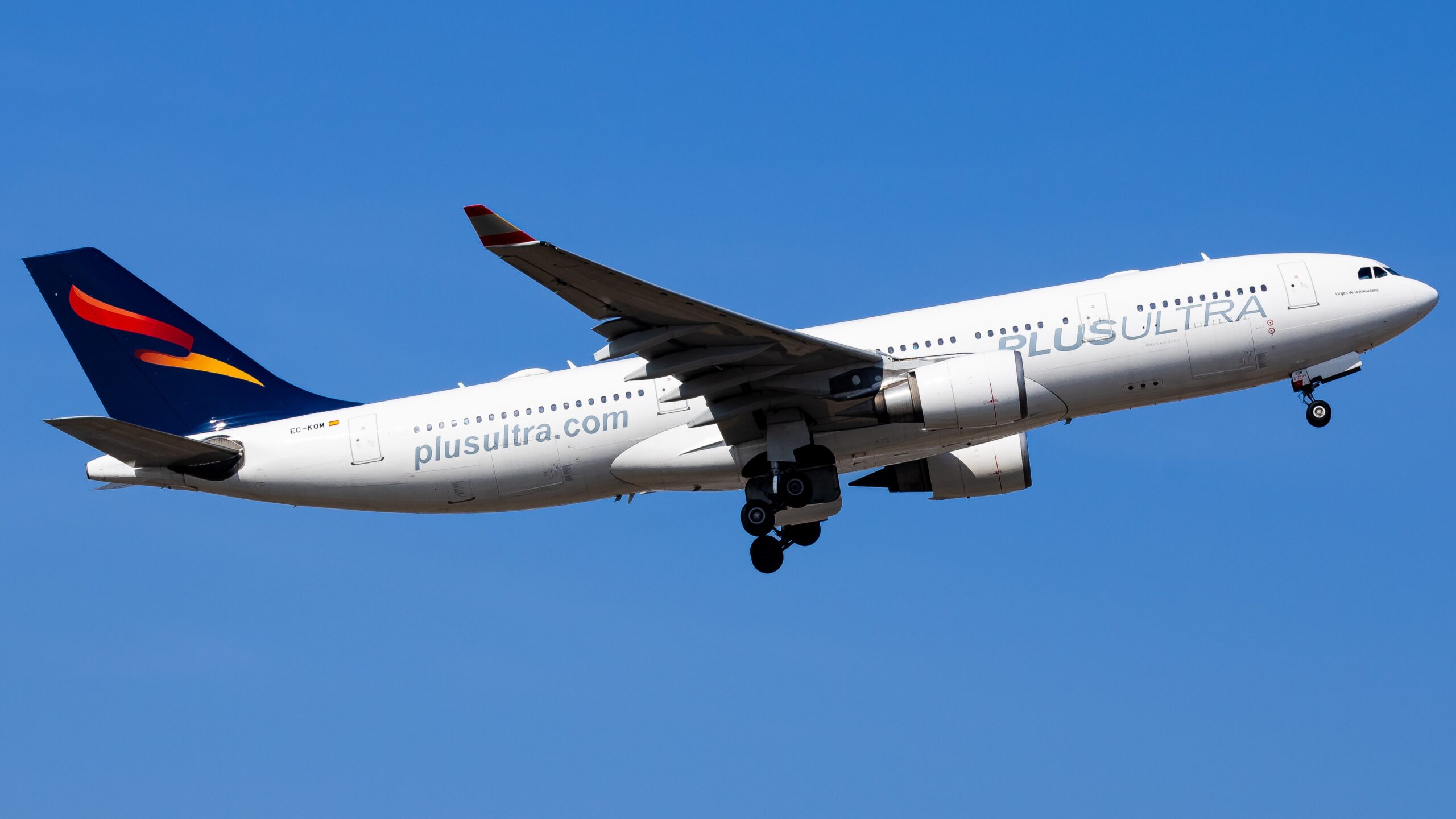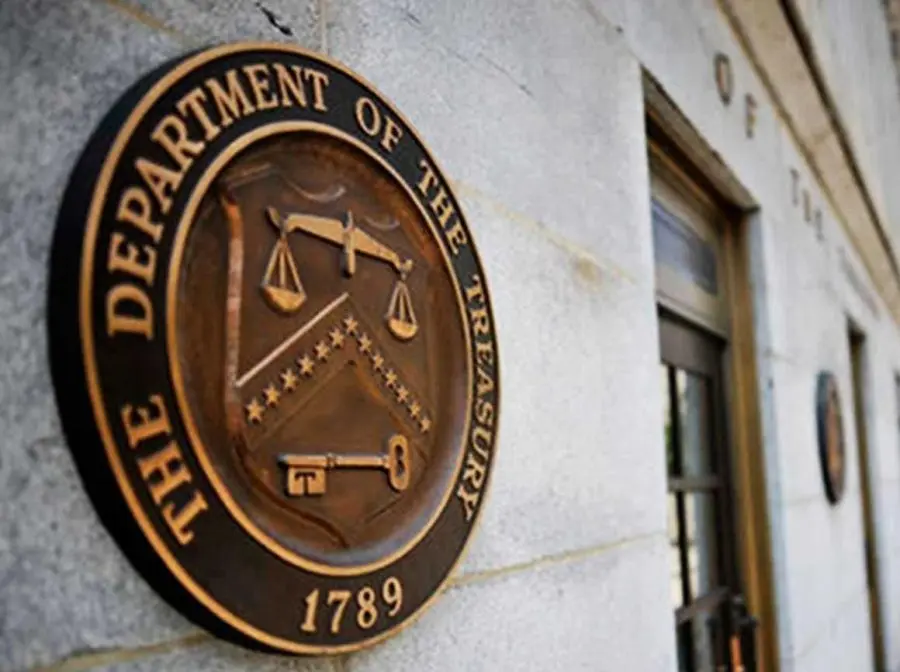From the days of sanctions against Southern Rhodesia to current shipments from Iran, Russia, and Venezuela, attempts to choke sanctioned shipping routes have proven more complex than rhetoric. Panama and Malaysia are tightening controls, but the masterminds of evasion are already looking for new anchorages. Photo: Social media.
Guacamaya, August 5, 2025. In a coordinated move against the trade of sanctioned crude, Malaysia has imposed strict regulations on illegal oil transfers in its waters, while Panama has closed its doors to high-risk, aging vessels. Although pressure on the so-called “shadow fleet” is increasing, historical experience shows that such measures often face structural limitations and the constant reinvention of evasion networks.
Malaysia has taken a step to curb ship-to-ship (STS) oil transfer operations within its territorial waters, a practice frequently used by the “shadow fleet” to move sanctioned crude into Asia.
The “shadow fleet” has sailed the seas for decades, changing names, flags, and even oceans. Now, Panama and Malaysia are closing their ports to aging tankers and covert transfers. But if history is any guide, the storm will only force the fleet to take longer and costlier routes—not disappear.
Under the new regulations, vessels caught conducting unauthorized STS operations will be immediately detained, and their release could take weeks. The Malaysian Maritime Enforcement Agency (MMEA) will increase surveillance in both territorial waters and the Exclusive Economic Zone (EEZ).
In one of its first concrete measures, Malaysian authorities ordered the closure of the Tompok Utara anchorage, located at the eastern entrance of the Singapore Strait, long considered a hotspot for illicit offshore transfers. The Singapore Shipping Association (SSA) confirmed the ban and warned that any anchoring in the area will now require explicit approval from Malaysia’s Marine Department (MMD).
The new regulatory framework mandates that AIS transponders must remain active at all times, anchoring is only permitted in authorized zones, and all STS operations require prior approval from the MMD. Non-compliance will result in immediate sanctions.
This regulatory tightening follows another key offensive in the maritime region: Panama has announced it will ban the registration of all tankers, bulk carriers, and general cargo ships over 15 years old under its flag—a measure aimed at limiting the “shadow fleet’s” activity.
The Panama Maritime Authority explained that the decision responds to both safety concerns and growing international pressure, particularly from the U.S., which has urged the closing of legal loopholes for vessels linked to sanctions evasion. According to official data, between 2023 and the first half of 2025, 71% of detentions involved older vessels of this type.
In recent months, Panama had already removed 214 ships from its registry, many of them associated with sanctioned cargo. The new policy includes quarterly inspections for flagged vessels and stricter controls on Safety Management Systems.
The U.S. Federal Maritime Commission welcomed the initiative, noting that Panama has been one of the primary registries used by ships linked to Iranian crude. “By prioritizing quality over quantity and implementing stricter oversight mechanisms, the Panamanian fleet aligns with international standards,” the Ship Registry stated in a release.
What Does History Tell Us About These Measures?
The history of sanctions shows that operators often find ways to adapt. The “shadow fleet” itself is the result of evasion strategies that evolved after sanctions on Iran in 2012 and Venezuela in 2019.
In the past, similar control attempts had limited effectiveness. During sanctions against Rhodesia in the 1970s, the oil supply network devised by Ken Flower and supported by South Africa and Portugal sustained crude imports through covert routes, flag changes, and cargo triangulation.
Likewise, in the 1980s, Libya—under U.S. and European sanctions—used a network of vessels under flags of convenience and shell companies in Malta, Cyprus, and Greece to maintain part of its hydrocarbon trade.
More recently, North Korea has perfected techniques such as dark shipping (AIS disabling, name and flag changes, document forgery, and open-sea STS transfers), making it difficult to fully enforce UN maritime sanctions.
In all these cases, restrictions increased costs and risks but did not completely eliminate trade. Maritime experts note that the effectiveness of current measures will depend on international coordination, intelligence sharing, and the ability to sanction not only vessels but also insurers, ports, and logistics operators facilitating illicit operations.
With the closing of regulatory gaps—and if Panama and Malaysia fully enforce their measures—the “shadow fleet” may seek new ports and less-monitored registries, as has already happened with the partial shift of these operations to Indonesian waters, the United Arab Emirates, and offshore anchorages near Greece.

